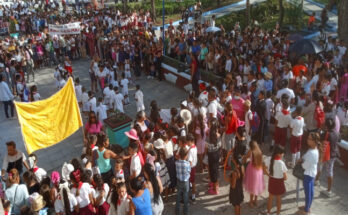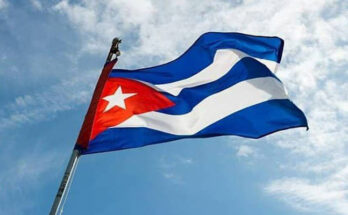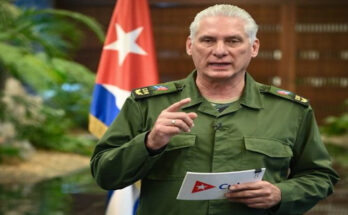Ché’s economic thought was expressed through multiple analyses, debates and conferences, which nourished a significant volume of works, if we take into account the time he had to devote to the tasks he had to assume in the leadership of the country.
In this sense, it is worth noting that in his understanding of the economic problems of the transition to socialism, he always started from an essential point: the critical assessment of the role of monetary-mercantile relations, the law of value and the market, especially in relation to the conscious construction of the new society and the need to overcome the contradictions that these relations engendered.
This analysis of economic issues was always expressed in conjunction with the social and political valuation of the same. The definition of what he considered as communism clearly evidenced this integral vision when he pointed out: “In our position, communism is a phenomenon of consciousness and not only a phenomenon of production; and that communism cannot be reached by the simple mechanical accumulation of quantities of products placed at the disposal of the people.”
However, at the height of the 60’s of the last century, the study of monetary-mercantile relations in socialism had not reached definitive conclusions. The complexity of the subject and the inexperience in the construction of the new society, together with errors of interpretation of the Marxist theory of value, posed an enormous challenge for anyone who pretended to give a theoretical and practical answer to the problem.
Che, the philosopher
The opinion of Marx and Engels on the subject had started from considering the disappearance of the market in socialism, taking into account the high socialization of production to be achieved and therefore, the possibility of a direct expression of the social character of labor, without the intermediation of mercantile exchange being necessary for it. In this respect, Engels would state “As soon as society takes possession of the means of production and applies them to it, socializing them directly, the labor of each individual, however much its specifically useful character may differ, will acquire beforehand and directly the character of social labor.”
On the other hand, Lenin’s interpretation of the existence of monetary-mercantile relations in socialism initially did not differ -in essence- from that previously expressed by Marx and Engels, but with the triumph of the October Revolution the Soviet leader would have to face situations that could not have been foreseen by the classics of Marxism that preceded him, who always avoided speculating on the peculiarities of socialist development subsequent to the revolutionary triumph.
In fact, Marx had only arrived in his work “Critique of the Gotha Program,” to establish the need for a period of transition between capitalism and socialism, in which elements typical of capitalist society would still be present, but he could not anticipate the high complexity that this process would entail when the revolution triumphed in the most backward country in Europe at that time.
Thus it was that a few months after the revolutionary triumph in Russia, the country was submerged in a bloody civil war for three years, which was accompanied by a policy -known as war communism- which led, by imperative of the circumstances of the war, to the disappearance of mercantile relations in the economy of that time.
But with the end of the civil war, the need arose to restore the country’s economy which was completely devastated. The analysis developed by Lenin then took into account that the basic economic structure of Russia, constituted by the small production of an enormous mass of peasants which had to be encouraged through freedom of trade, together with the inevitable development of capitalism which would derive from it, so there was no other way out than to recognize the monetary-mercantile relations opening a space for their development until reaching -even- a certain form of State capitalism as the only alternative in those circumstances, in which the support of the peasantry and resources of all kinds were demanded to survive.
(To be continued)
Related articles
Che’s economic thought and some current debates (I)




